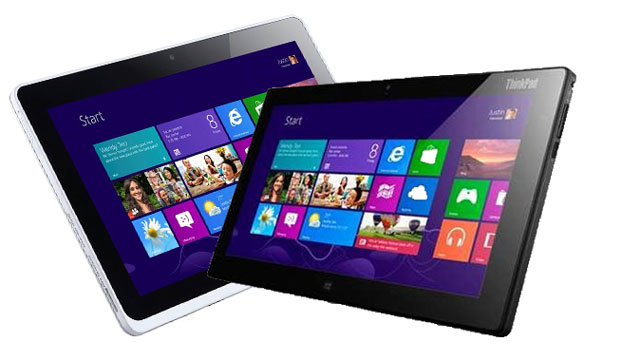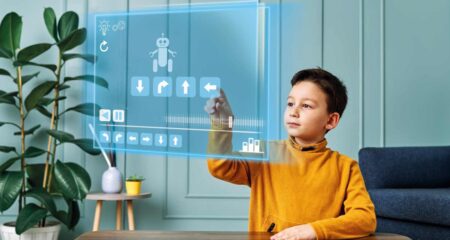
From Tuesday, thousands of pupils at township schools around Gauteng will have tablets, smartboards and unlimited mobile data during specific hours.
“I am proud to declare that as from tomorrow your life will never be the same again,” Gauteng education MEC Panyaza Lesufi told thousands of grade 12 pupils at the Grace Bible Church in Soweto on Monday afternoon.
“I am proud to declare that those that thought that quality education is for the privileged, from tomorrow we will shame them.
“From tomorrow, a child of a domestic worker or a child of a gardener or a child of an unemployed parent … will have a tablet in their hands. Gone are the days where [only] those that are rich will have a quality education.”
This second phase of a roll-out of electronic education in the province cost R1,2bn. It was estimated to reach 61 000 matriculants from 375 schools.
He told media afterwards that the roll-out was momentarily stalled in a few schools due to incomplete work by contractors who were revamping classrooms. “Local contractors sometimes don’t finish the job. I have told the team to appoint competent people.”
Lesufi promised the pupils during his address that the tablets, and the laptops that would be given to teachers, would have unlimited data. This news was greeted by loud cheers from the pupils.
“Let me tell you the good news. From 5am until 9pm, every laptop [given to the] teachers and your tablets will have limitless data bundles,” Lesufi said.
“Never in your life — on anything that is related to education … [will] you have to go out and buy data bundles. You have free airtime to study.”
However, Lesufi warned that social media sites such as Facebook, Twitter and WhatsApp would not be allowed. Pupils would also not be allowed to access pornography sites.
“[With] every tablet, we will get an activity report which will show us which sites you visited,” he said.
He also said that pupils who reach the top three positions in their schools would be given a four-year bursary.
The second phase of the roll-out also included the implementation of interactive “smartboards” in classrooms.
“I am proud to declare to you that no teacher … will ask you to go outside to clean a duster,” Lesufi told the pupils.
“As of tomorrow … [in] every classroom we will remove the chalkboard and put in a LED screen. As of tomorrow, if you want to see a chalkboard, you must go to a museum, you must not come to our schools.”
He said teachers were trained to use the new equipment during the holidays.
“You will see them tomorrow, when they [teachers] tell you, that the heart is pumping — they will not give you a photocopied paper, you will see the heart pumping on the screen, and you will see the heart pumping on your tablet.”
Lesufi said this roll-out was specifically aimed at township schools to improve the lives of poor black and coloured children. I am tired of [seeing situations] where young girls [think] sugar daddies are the future,” he said.
“Gone are the days where a black child needs to rely on social grants. Where a black child needs to queue for a RDP house… We want to empower you to buy your own house instead.
“We are empowering you that when you finish your education and are given a form in a bank, and they ask you how much you earn, you will cancel that and say I don’t earn a salary, I pay salaries.”
He said he wanted Gauteng township matriculants to compete with other pupils around the globe.
Lesufi said each tablet had a tracking device, and the pupil’s parents always had to know their child’s password for the tablet. Parents would also be e-mailed their child’s reports.
If a tablet was broken or stolen, they would be given another in the interim period so that their learning would not be disadvantaged.
He also said that if someone tried to steal the device from a pupil, they should not act like “Rambo” and fight them. “Your life comes first.”
He said matriculants would hand over the tablets to the school after writing their final exam paper. If this was not done, the school would withhold the pupil’s matric certificate until it got the device back.
“This tablet belongs to government, not you. But you are allowed to take pictures with your friends and family.”
Lesufi told the media afterwards that allowing the pupils to take pictures with the devices would make them look after it better. — News24




